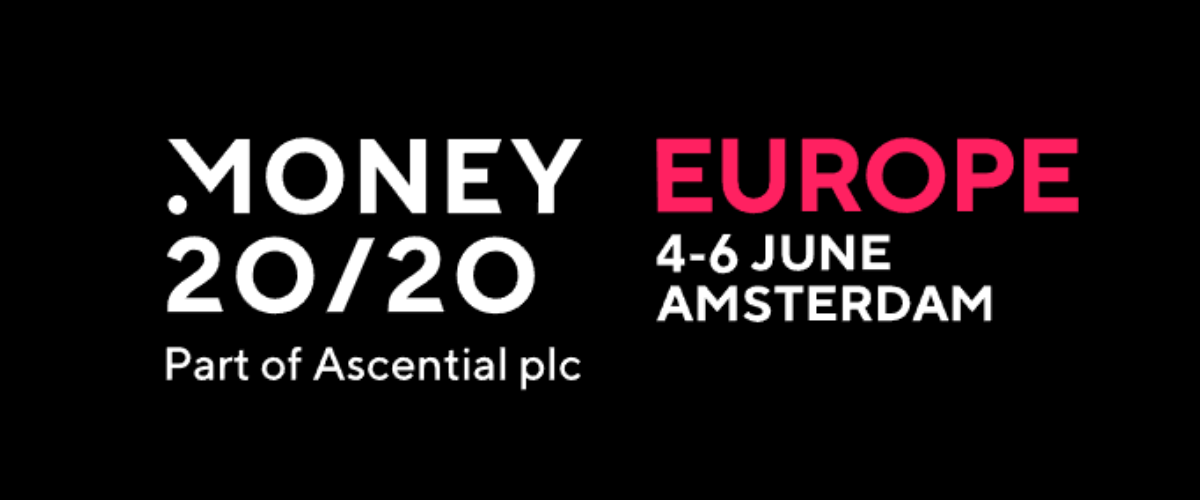The fintech landscape continues to evolve rapidly, with August 2023 showcasing significant developments that have reshaped the industry’s dynamics. Drawing insights from a compilation of sources, including The Banker’s “Fintech Fortnightly” by Liz Lumley, a regulatory roundup by Herbert Smith Freehills LLP, and various industry reports, we delve into the noteworthy happenings of the month. This convergence of technological innovation, regulatory adaptations, and market trends collectively defines the state of the fintech sector.
Market Performance and Valuations
The month kicked off with positive news on the performance of fintech market indices, marking a rebound from their previous lows in October 2022. The indices, spanning Payments, Solutions, and Technology sectors, experienced an approximate 8-10% increase in the last twelve months ending July 31, 2023. This growth trajectory closely aligned with the S&P 500 Index’s performance, which registered a notable increase of around 13% during the same period.
Global Fintech Powerhouses
Intriguing insights emerged from the fintech landscape, as the most prominent fintech companies worldwide were revealed by CNBC in partnership with Statista. The list showcased established giants such as Ant Group, Tencent, PayPal, Stripe, Klarna, and Revolut, alongside emerging startups. The rigorous evaluation process encompassed over 1500 companies and 10,000 data points, highlighting the dominance of digital payments and neobanking sectors. Notably, the US, the UK, and European nations such as Germany, France, the Netherlands, Australia, and India were the breeding grounds for these fintech innovators.
Regulatory Realignment and Tech Adoption
As the industry thrives, regulators and institutions took steps to ensure responsible growth. The Institute of International Finance (IIF) presented a measured approach to policy recommendations for crypto and digital asset markets. It emphasized the importance of robust risk management practices, technology neutrality, and regulatory consistency across jurisdictions. This response was a testament to the evolving stance of financial institutions toward embracing innovative technologies while ensuring stability and security.
Operational Resilience and Third-party Collaboration
Operational resilience became a focal point, with the Investment Association (IA) publishing member guidance on this crucial aspect. The investment management sector is recognizing the significance of third-party risk management and resilience. This move comes as the industry increasingly relies on technology providers from beyond the traditional financial sphere, necessitating clear frameworks for effective collaboration and management.
Digital Banking and Innovation
The digital banking revolution further manifested through partnerships and innovations. Payhawk and Yapily came together to facilitate seamless bank account top-ups across Europe and the UK. The collaboration empowered finance teams to link multiple bank accounts from a range of financial institutions, streamlining payment experiences. Similarly, An Post’s Money Manager smart budgeting tool, empowered by Tink’s open banking technology, expanded its reach to everyone in Ireland, signifying growing accessibility to fintech-driven financial management tools.
Fintech’s Regulatory Landscape
Regulatory updates also played a crucial role in shaping the industry’s landscape. The Monetary Authority of Singapore (MAS) underscored its approach to digital full banks, setting caps on individual deposits and emphasizing prudential requirements, ensuring stability even as these newcomers strive to redefine banking. Meanwhile, the European Banking Authority (EBA) focused on the use of machine learning (ML) techniques for internal ratings-based (IRB) models, recognizing the potential but also discussing associated obstacles, including the intersection of ML, GDPR, and the Artificial Intelligence Act.
In the US, the Securities and Exchange Commission (SEC) displayed active vigilance against fraudulent activities in the crypto asset space. Emergency relief was granted to halt a Utah-based company’s alleged crypto asset fraud scheme, where millions were raised from unsuspecting investors. The SEC’s response reflects its commitment to safeguarding investors and maintaining the integrity of crypto asset markets.
Conclusion
August 2023 showcases a fintech industry in full swing, embracing technological innovation, regulatory alignment, and collaborative partnerships. The sector’s ability to rebound from challenges, welcome new entrants, and adapt to evolving regulations underscores its resilience. As the fintech landscape evolves, it continues to shape not only the financial world but also the broader societal landscape.



